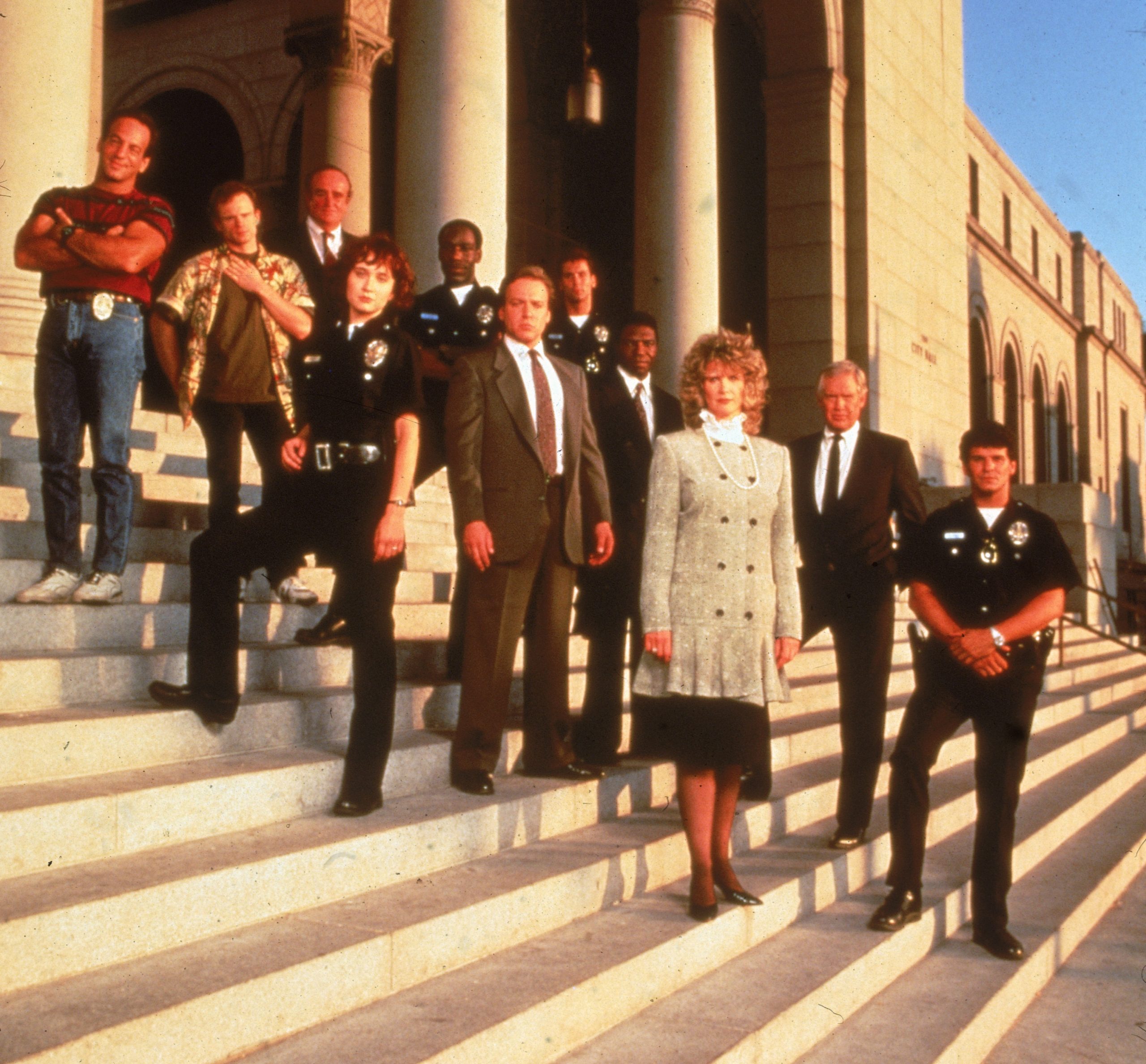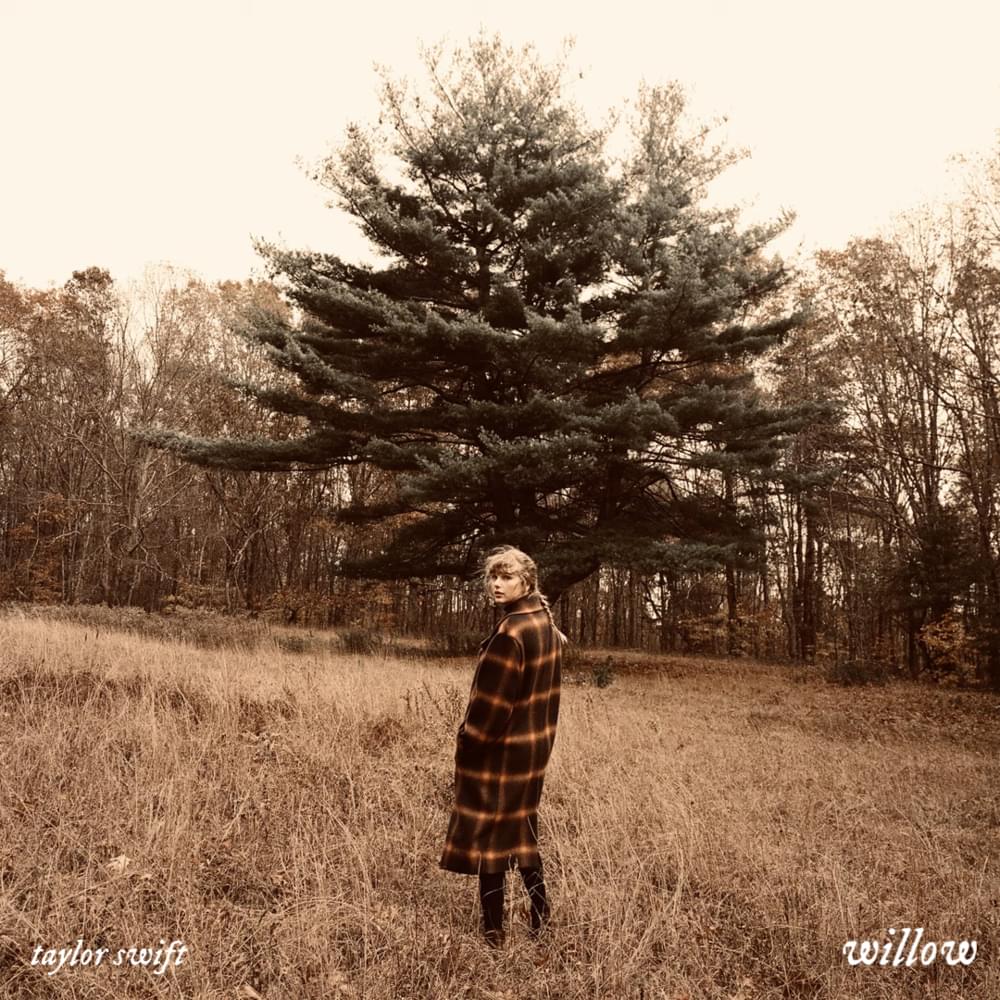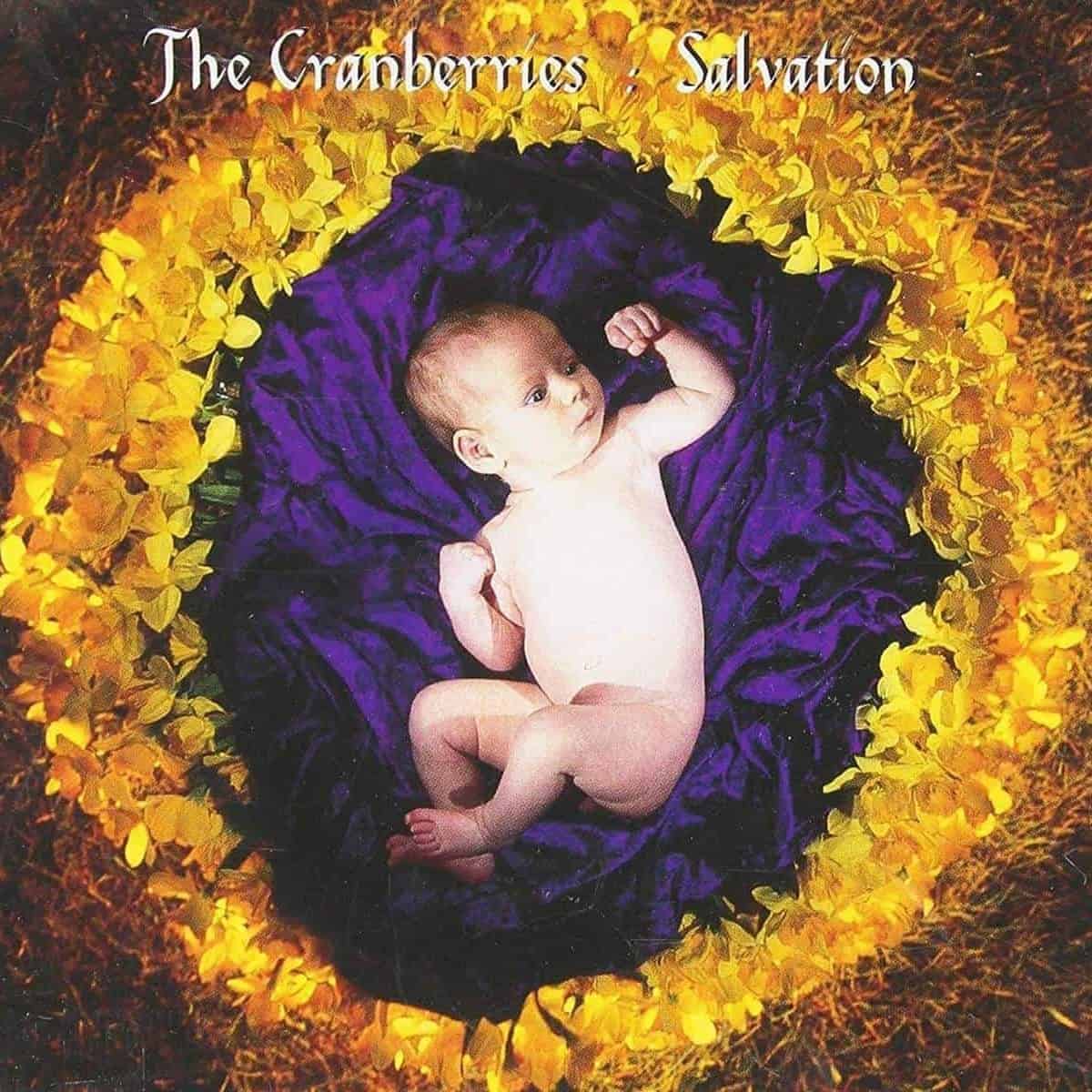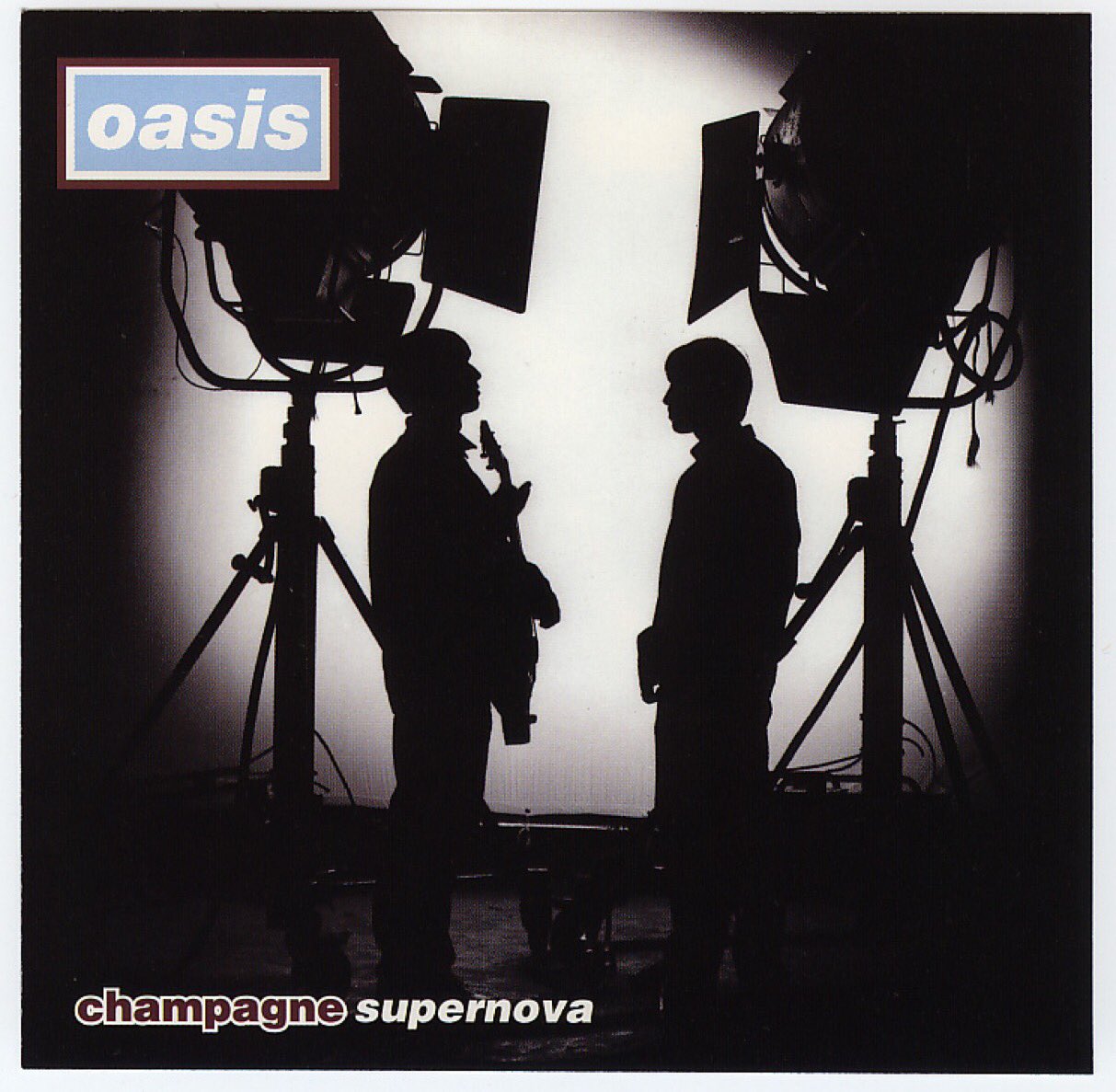In 2020, there’s no such thing as a bad idea for a television show. The medium has positively exploded in terms of sheer volume, thanks to the rise of myriad streaming services -- and with that explosion has come a near-endless onslaught of creative endeavors both extremely successful and ill-advised. This tidal wave of content has effectively erased the first word of the oft-cited "Golden Age of TV," to the point where there’s an entire streaming service (albeit likely not for much longer) seemingly dedicated to the worst ideas possible, from Judge Judy-esque Chrissy Teigen reality TV shows and Reese Witherspoon-narrated girlboss nature programs to campy Twilight Zone-isms rife for misinterpretation.
But in 1990, any idea that strayed far from what was established as "the norm" (sitcoms, game shows, procedurals, serialized soaps) was effectively a high-wire act of a risk, capable of imploding practically upon impact if too jarring or ill-conceived. There was little chance of getting a second season "to grow" -- especially not for Cop Rock, which premiered 30 years ago this Saturday and was off the air three months later.
The baffling and largely awful hybrid of a creation -- which attempted to merge gritty police procedurals, heavy-handed satirical comedy, and the flashiness of Broadway musicals -- originated from two TV veterans (Steven Bochco and William M. Finkelstein) who were coming off a string of hits that included Hill Street Blues and L.A. Law. In a 2016 oral history of Cop Rock that was published on The A.V. Club two years before Bochco’s death, he claimed that the idea for the show originated from a Broadway producer’s interest in generating a musical version of Hill Street Blues.
An obvious precedent for Cop Rock was the 1986 BBC series The Singing Detective. Bochco was a professed fan, and actor James McDaniel (who portrayed Cop Rock’s Officer Franklin Rose) referred to it as "one of the most extraordinary pieces of television I'd ever seen...I knew that particular format worked." Maybe so, but not for Cop Rock. The show was a commercial bomb upon arrival, and even the kindest critical appraisals couldn't help but note that something was...a little off, when it came to this singing-and-dancing take on the daily lives of Los Angeles police officers and their impact on the lives of the citizens they’re sworn to protect.
"Cop Rock is great and it’s terrible," David Zurawik proclaimed in The Baltimore Sun upon the show's premiere. The Deseret News' Scott D. Pierce wasn’t as even-handed. "Several of the numbers are so jarring in their context that it’s almost ludicrous," he stated, later remarking on the creative currency Bochco enjoyed in the TV industry up to this point: "He’s become such a power in Hollywood that he can do almost anything he wants. And...that kind of power can be dangerous."
Zurawik also promised, "This is the kind of television people are going to be talking about," and he was right, in a way: The show was cancelled after 11 episodes (a paltry run in the age of super-sized network episode orders), and later earned the #8 slot on TV Guide's since-disappeared-from-the-internet "Worst TV Shows of All Time" list. From my vantage point as a pop-culture obsessed child born in the late 1980s, Cop Rock was often shorthand for the kind of spectacular failure never to be repeated—a cautionary tale against boldness, maybe, or at the very least a reminder that too many ingredients in the pot make for a confusing stew.
Cop Rock's catastrophic failure wasn’t necessarily written in the stars. Besides Bochco's TV bona fides, the show featured seasoned, musically inclined actors like Kathleen Wilhoite and Ronny Cox, the latter of which also featured prominently in Deliverance's iconic "Dueling Banjos" scene. Moreover, five songs featured in Cop Rock's pilot were written by singer-songwriter legend Randy Newman -- but unfortunately, his contributions weren’t exactly up to the caliber of "Simon Smith And The Amazing Dancing Bear." The prosecution submits Exhibit A in the form of "He’s Guilty" -- a number performed in a gospel-esque fashion by a jury delivering the titular verdict -- and suppresses the urge not to throw the book at all involved.
Newman also composed the show’s execrable theme song "Under The Gun," a ditty less notable for how it sounded and more for the images that accompanied it. As the song blasts over the opening credits, Newman's shown performing the song with an array of backup musicians and singers including Cop Rock's music supervisor Mike Post, as multiple cast members inexplicably watch and enjoy the performance totally out of character and costume.
The title sequence is a bizarre fourth-wall-breaking gesture that David Wain would later indirectly riff on in his 2014 cult classic rom-com parody film They Came Together -- and it wouldn't be the last time Cop Rock burst through that barrier Kool-Aid Man-style, as the song that closed out the series finale (which also featured a pre-fame Sheryl Crow), "We'll Rise Again," featured the entire cast breaking character one last time for an all-in-it performance that delivered a final jarring moment in a series full of them.
https://youtube.com/watch?v=5IhWBW7uC6Y
https://youtube.com/watch?v=G1Zjn4YB2wI
Indeed, Cop Rock was full of risk-taking -- well beyond choosing a name for the show that suggested the audience was in for a hair-whipping good time instead of, say, a tender ballad about romance sung by a guy who’s sitting down the entire time. There were mud-wrestling scenes, surprisingly ahead-of-its-time plot lines addressing homophobia in society, and a musical number that concludes with a drug-addicted mother selling her baby for $200. But for some time after its cancellation, Cop Rock's greatest legacy was instructive when it came to what not to do on network TV. Just look at Viva Laughlin from 2007, another attempt to stage a comedy-drama-musical hybrid in serialized form (this time, centered around the construction of a casino) that immediately drew Cop Rock comparisons and lasted all of two episodes before CBS pulled the plug.
Two years later, the musical TV show curse that Cop Rock sparked would be broken forever with the Ryan Murphy creation Glee, a steady success for Fox that had music baked into its high school glee club conceit. Other attempts at the genre -- the cultishly beloved Smash, This Is Us creator Dan Fogelman’s medieval comedy Galavant for ABC -- weren't as successful, but Rachel Bloom's Crazy Ex-Girlfriend pushed past consistently low ratings to achieve much-deserved critical acclaim for its social progressiveness, whip-smart writing, and (this is important) endlessly memorable songs. (It helped that the person behind more than a few of those songs was the late Fountains Of Wayne genius and "That Thing You Do!" songwriter Adam Schlesinger.)
Do such recent successes demand a re-evaluation for Cop Rock, as The New York Times attempted to stage in 2016? Absolutely not. There's a lot to laugh at when it comes to the silly peccadilloes that make up Cop Rock's musical adornments and plotting choices, but this is a show that centers around a Black man being murdered execution-style by a police officer in its pilot, spending much of its existence attempting some sort of half-hearted examination as to whether the cop in question is a murderer or just another man trying to do right in a world that has so much wrong mixed up in it. Even the most supposedly genteel varietal of police-focused TV shows, such as Parks And Recreation creator Michael Schur's good-natured Brooklyn Nine-Nine, have faced scrutiny for a minute now due to their own reflection of "copaganda." Now, imagine how a TV show that opened with a scene like this would be received if it came out today.
In 2020, we know (or, at least, are finally starting to understand en masse) that there’s no gray area when it comes to how Black people are treated by the police. In 1990 -- a year before the same Los Angeles Police Department brutally beat Rodney King, and following an entire history worth of violence and structural racism against anyone who isn’t white -- such notions were apparently still up for debate, and would remain so for decades to come. When it comes to meaningfully embracing anti-racism as a widespread societal virtue, Cop Rock and much of its police procedural ilk never belonged in either time period, and it only deserves to be remembered so we don’t forget that shows like it existed to begin with.






